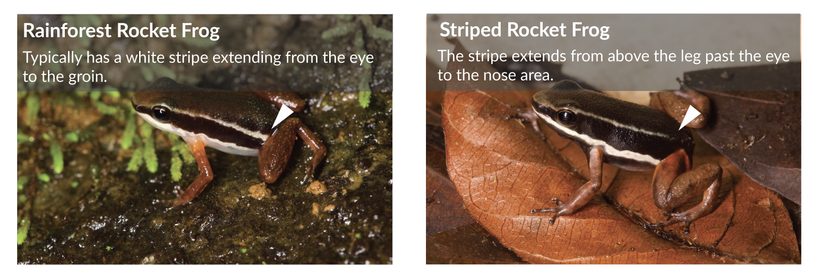Last year I wrote a paper on how "GenAI" is a risk for #citizenscience (it being an academic paper it's still slowly dying in review). One of the points was that using "AI" devalues the contributions made by human volunteers, leading to contributors (rightfully) disengaging.
Yesterday, #inaturalist announced an "AI"-partnership with Google, and unsurprisingly that's exactly the backlash they got…
https://www.inaturalist.org/blog/113184-inaturalist-receives-grant-to-improve-species-suggestions

iNaturalist receives grant to improve species suggestions
iNaturalist is excited to announce an award from Google.org Accelerator: Generative AI to help build tools to improve the identification experience for the iNaturalist community. The project we proposed builds off of our demo from last year to search iNaturalist photos with text. The award from Google.org provides $1.5M over 2.5 years plus access to Google staff to advise the iNaturalist team. Our nonprofit mission is to connect people to nature through technology and advance science and conservation. We see this new opportunity with Google.org as a clear extension of the work that we’ve been doing for years to build better tools to connect people to nature. By using generative AI (GenAI), we hope to synthesize information about how to distinguish different species and accurately convey that to iNaturalist users. Instead of just offering AI species suggestions of what you saw, we want to offer a why as well. By providing explanations in addition to a list of suggestions, iNaturalist...